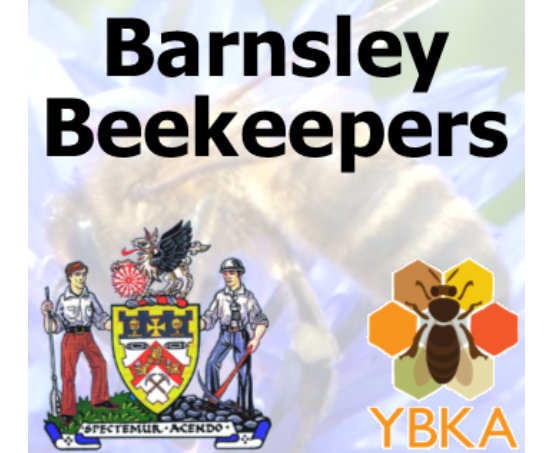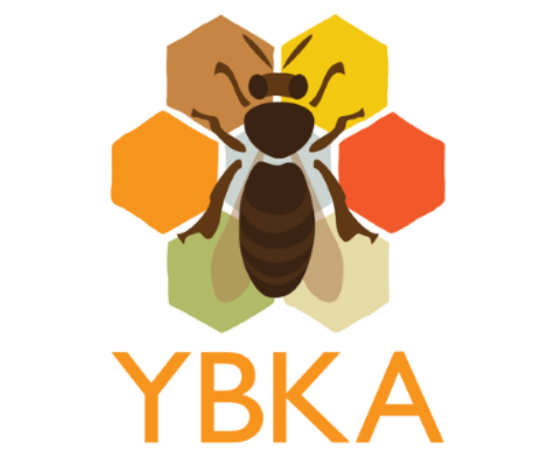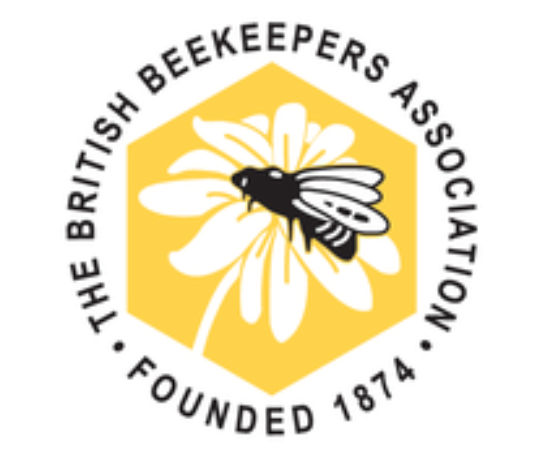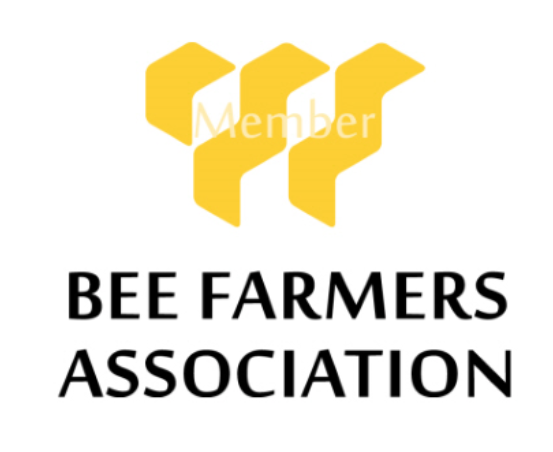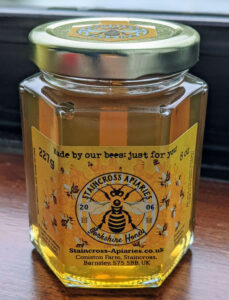 Nestled in Staincross, Barnsley, with picturesque views towards Penistone, our family smallholding is a slice of paradise in South Yorkshire. Here, amidst the tranquility, we delve into the hives to reveal the intricate process behind each jar of honey we offer.
Nestled in Staincross, Barnsley, with picturesque views towards Penistone, our family smallholding is a slice of paradise in South Yorkshire. Here, amidst the tranquility, we delve into the hives to reveal the intricate process behind each jar of honey we offer.
Our 40-acre haven is also home to a friendly flock of free-range chickens. My journey with honeybees began in 2006, and since 2012, I’ve been blending my love for bees with my passion for education. Initially managing two hives with my dad, our project blossomed into 40 hives, a testament to our shared enthusiasm and occasional familial debates.
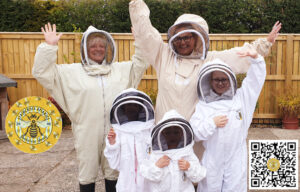 After losing my dad in 2010, I carried on our beekeeping legacy, supported by my mum, who’s become an invaluable part of our beekeeping adventures, especially during extraction. In 2019, we unveiled our bee classroom, excited to share our knowledge and experiences. We invite you to join us for a beekeeping experience day, where we explore the fascinating world of honey bees together. [read our story here]
After losing my dad in 2010, I carried on our beekeeping legacy, supported by my mum, who’s become an invaluable part of our beekeeping adventures, especially during extraction. In 2019, we unveiled our bee classroom, excited to share our knowledge and experiences. We invite you to join us for a beekeeping experience day, where we explore the fascinating world of honey bees together. [read our story here]
We love the honey too 🐝.
Thank you Richard, from Blythe and Jill
The flavor is rich, natural, and absolutely delicious.
It’s clear that a lot of care and passion go into producing this high-quality honey.
I truly appreciate the effort and dedication you put into your craft.
Thank you for providing us with such an exceptional product. Keep up the amazing work, and I look forward to enjoying more of your honey in the future!
It’s the bee’s knees!
(the rest of the bees where there too)

